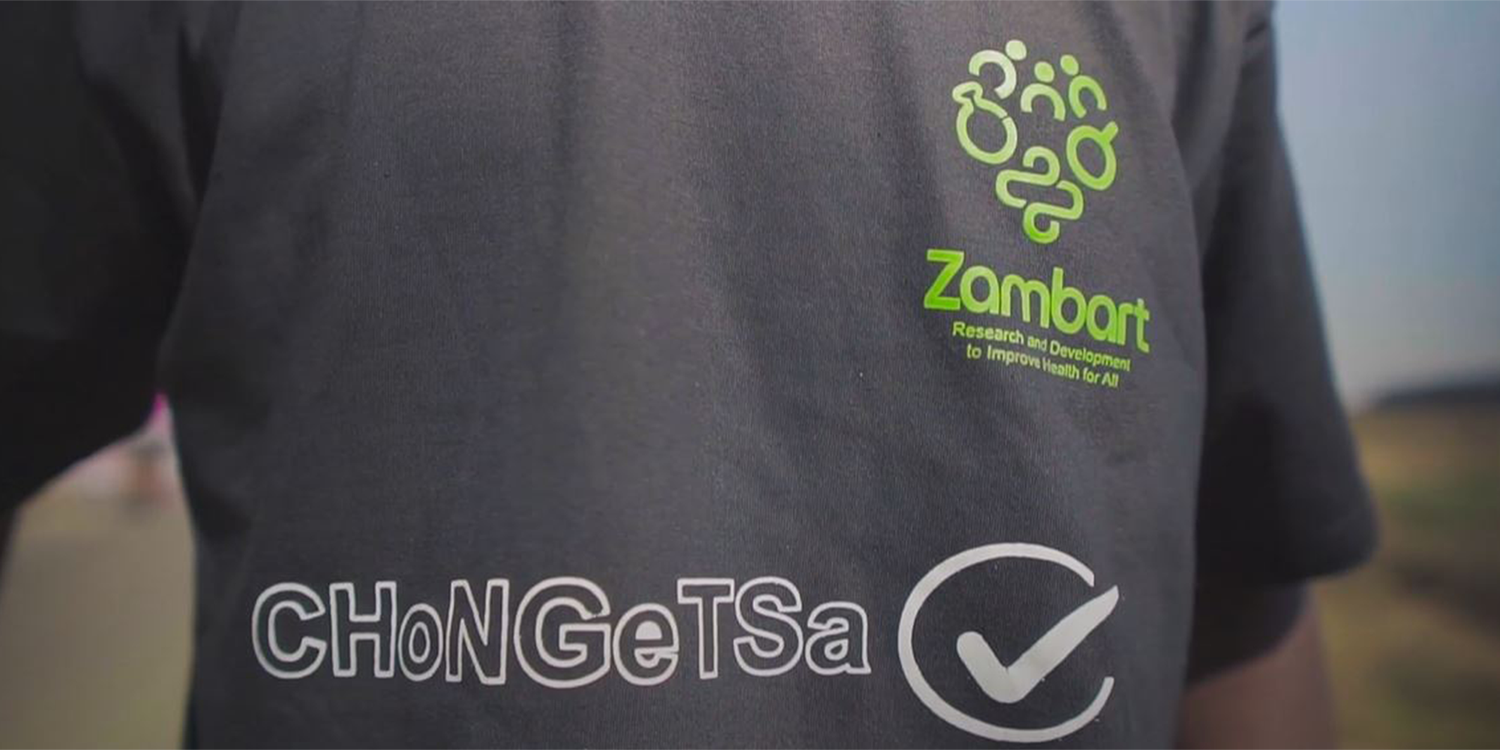CHoNGeTSa: raising youth awareness about STI research in Zambia

The CHoNGeTSa study: investigating STI rates among youth
The goal of the CHoNGeTSa study, a collaboration between researchers from Zambart, ITM and the London School of Hygiene and Tropical Medicine, is to estimate the prevalence of curable sexually transmitted infections (STIs)— namely chlamydia, gonorrhea, trichomoniasis, and syphilis—among 15 to 24-year-olds in Lusaka. Globally, young people experience the highest burden of STIs, particularly in resource-limited settings, yet access to STI testing remains limited. A recent survey in Lusaka found that only 12% of sexually active youth had tested for an STI (excluding HIV) in the past year, with young men reporting particularly low testing rates.
To address this gap, we are conducting a population-based survey in Lusaka. The collected data will provide valuable insights that will inform strategies to improve STI prevention, testing, and treatment services for youth in Zambia. ITM is playing a key role in this project by strengthening laboratory capacity for STI diagnosis among colleagues at Zambart, who have extensive experience in the diagnosis of HIV and TB, but less experience in STI diagnostics.
Using a music video to promote STI awareness and youth participation
As part of the CHoNGeTSa study, we’re using a music video to inform and engage young audiences. The song, created by young people themselves, aims to spread important messages about sexual health and STI testing. By using the video to inform and engage young people, we hope to encourage participation in the study and to raise awareness about the importance of STI testing. This is a critical step towards improving sexual health outcomes for Zambia’s youth.
CHoNGeTSa music video
Chongetsa, a Nyanja phrase meaning 'check it', encourages young people to get tested for sexually transmitted infections. Words as Ziba ('know') and Zisunge ('take care') are also used to stress the importance of STI testing and self-care.
Spread the word! Share this story on









